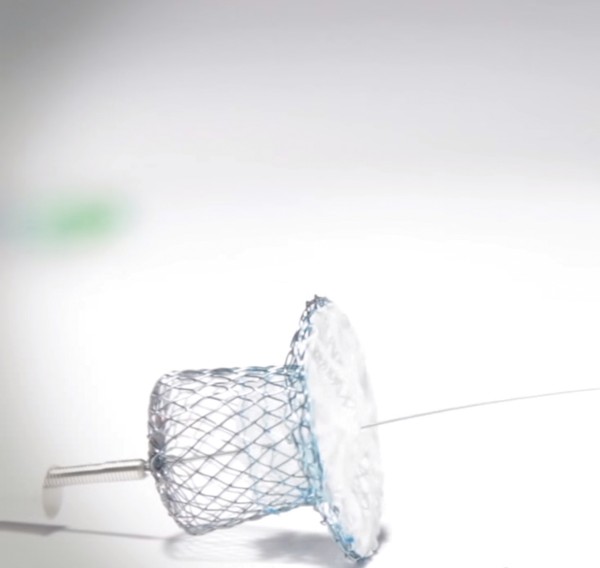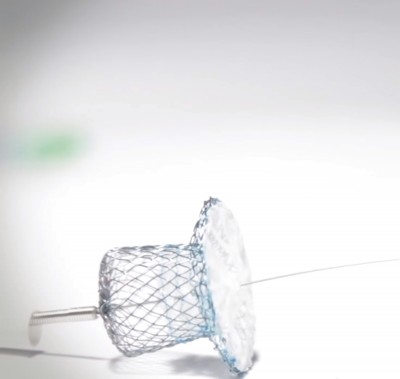PARTS FOR HEARTS

25 Jul, 2015 | Kinjo Kiema
‘The most complex problems need the most simple solutions.’
This has become Franz Freudenthal’s mantra – the biggest lesson he took from his grandmother’s life – and a concept that inspired him to invent the Nit-Occlud device, a piece of high-tech medical equipment that is hand-knitted by Aymara women. With this technology that meshes ancient weaving traditions with medical innovation, there is a new way to save the lives of many children in Bolivia and around the world.
Freudenthal and his wife perform operations at the Fundación Caridioinfantil in La Paz, which was created to help poor children with heart diseases. The Foundation has helped 350 children since it began the operations in 2007. The Nit-Occlud devices are designed to block holes in a human heart that are a result of a congenital defect, the most common birth defect worldwide, affecting around one out of every 500 babies.
The causes of these defects are generally unknown by doctors, although smoking while pregnant and genetic disorders – like Down syndrome – can contribute to the defect’s development. Heart murmurs often indicate the presence of a hole in the heart, and around half close on their own. But for the remaining children with this condition, a repair is necessary so they can lead healthy and productive lives. Untreated holes can be fatal.
Open heart surgery can seal some of these holes, but less invasive methods such as using plugs are becoming increasingly popular. The Nit-Occlud is one of these plugs. Attached to a disposable handle and catheter, it is hand-knitted into the shape of a coil, like a tiny top hat.
But producing such sophisticated medical equipment by hand is is problematic because consistency in construction isn’t as stringent as one finds in a modern factory. Additionally, Bolivia lacks in technological development, making the production of a high-tech product that much more difficult.
‘The idea of knitting them by hand was to improve the devices already on the market, which are made of wires that are soldered shut’, says Freudenthal, explaining that a seamless single-wire device had to be constructed by hand, rather than by machine.
‘Hand-woven is more difficult and therefore more expensive’, explains Freudenthal, but it’s less risky for the patient, and Freudenthal says they are primarily ‘interested in the life of the patient.’
Although the women fabricating these plugs have likely been lifelong knitters, they receive training for three to four months once they are hired. This not only includes learning how to weave the parts together, but also learning how to understand difficult technical language and documents, which not only gives them the necessary skills to do the job but also gives them ‘more self-confidence and makes them grow professionally’, according to Freudenthal.
The clinic pays the workers a stipend during training, and they are also trained in hygiene, safety, teamwork and conflict management, making them ideal employees for a high-level manufacturing environment. The manufacturing company PFM SRL considers this training a social contribution because ‘investing in quality training produces a quality product.’ The company’s management also believe that ‘any adult who contributes positively to society must receive compensation’ as well.
The procedure costs several thousand US dollars, but is vastly cheaper – and less risky – than traditional open heart surgery. However, Freudenthal says that ‘it should be emphasized that not all patients can be treated with devices – some need surgery to survive.’
The Foundation supports itself via donations from Austrian and German individuals, and they are also assisted within Bolivia by Bisa Bank. Although some families are able to afford the procedures, many are unable to and have to fundraise or get assistance from the Foundation if they have no means of paying.
The Nit-Occlud is wholly manufactured in Bolivia and exported to Germany, where it is certified and exported to the UK, Russia, Kazakhstan, Spain and other countries.
Not only is the foundation’s invention improving the lives of children with heart defects in Bolivia and around the world, it is also providing unique job training and employment opportunities for women.








